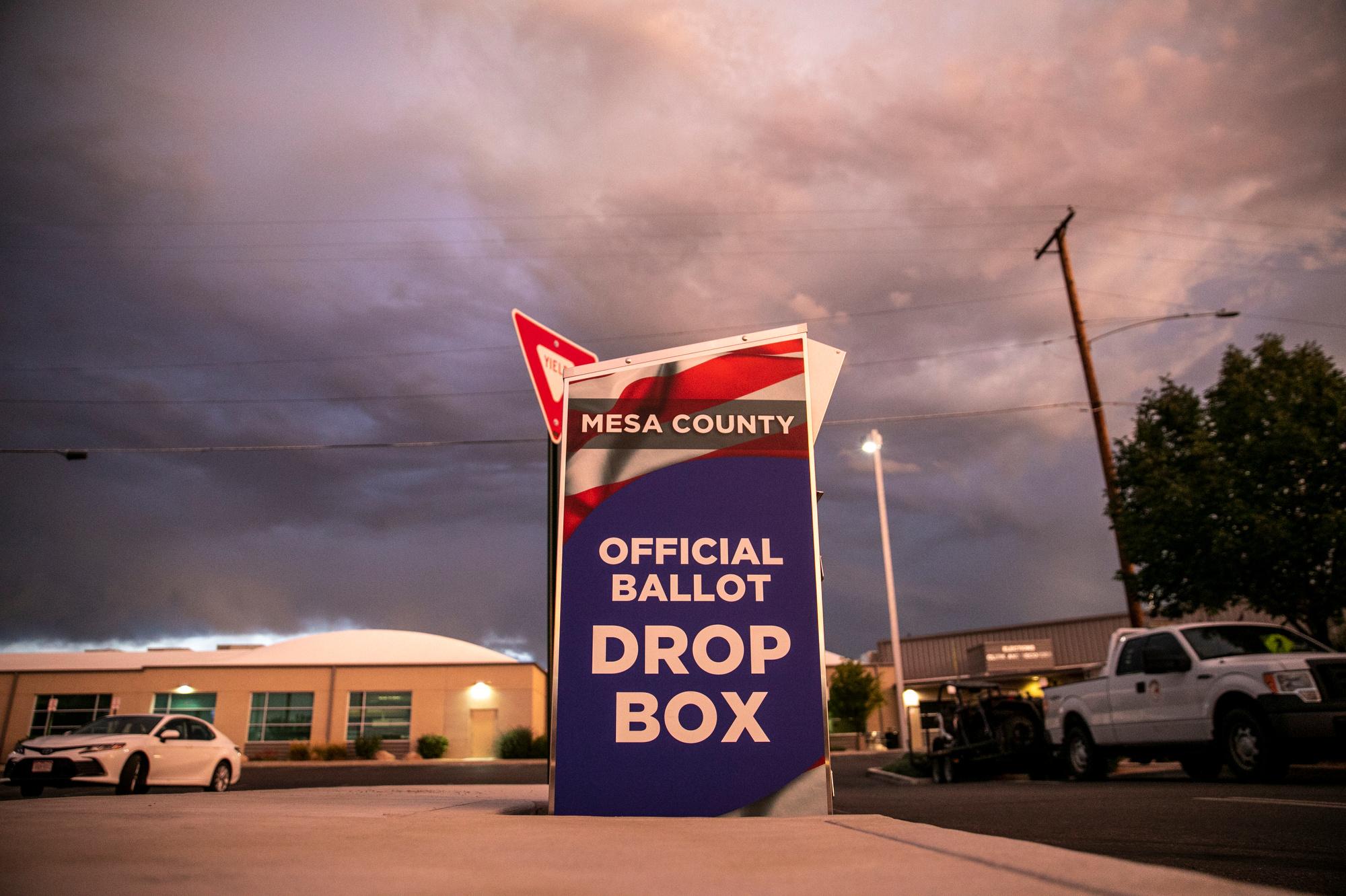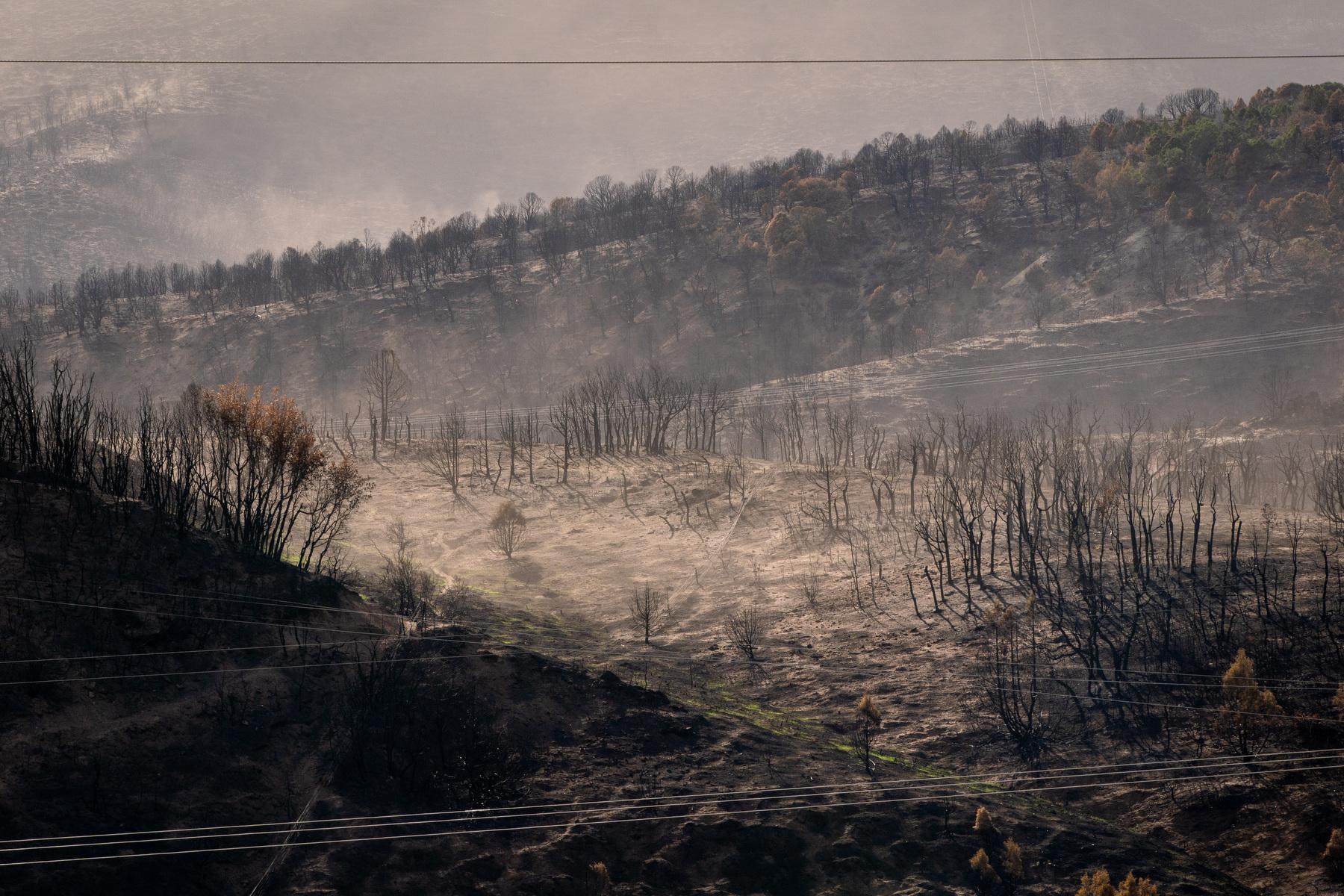
Mesa County commissioners are pushing back against state regulations they say are too costly — and illegal.
As part of a campaign they’ve dubbed Fix it or Fund It, they’ve used a new web page to decry unfunded mandates and sent a letter to Gov. Jared Polis, Senate President James Coleman and House Speaker Julie McCluskie.
Unfunded mandates are rules and laws passed by state lawmakers without extra money being allocated for counties to fulfill or enforce them.
Such rules are a perennial complaint at every level of government below the federal one, with local leaders critical of state impositions, and state leaders venting similar frustrations with Congress.
The Unfunded Mandate Reform Act of 1995 limited them to an extent at the federal level, but local governments are arguing the state isn’t exercising similar restraint.
Mesa County Commissioner Bobbie Daniel said executing the state mandates would cost her 160,000-person county an estimated $10 million a year.
“We can't keep doing this as local governments,” Daniel said. “We can't go on this trajectory anymore.”
One of the mandates, for example, requires that local police wear body cameras, which is part of a sweeping law passed in 2020, amid a broader national push for police accountability and reform.
Mesa County estimates that the cost for its sheriff department and district attorney to purchase cameras for every officer, plus ongoing expenses for data storage and management, training and other requirements, tops out at $432,000.
The state offered a one-time grant for the cameras, and paid out over $5 million to 100 Colorado law enforcement agencies. It’s not clear if Mesa applied.
Another, less costly, example is the Keep Colorado Wild state parks pass program. Unless people opt out, a discounted parks pass is added to the cost of each vehicle they register.
Mesa County estimates the cost in added staff time to explain the program to people at the DMV and to process the more complicated registration forms to be $29,000 for the county.
Meanwhile, the program has generated millions of dollars for statewide outdoor programs.
Mesa is the second rural Colorado county to push back against these mandates. Neighboring Garfield County Commissioners recently sent their own letter in opposition.
In a video opposing the mandates, Daniel said, “It’s like the state going out for a lavish dinner, ordering everything on the menu, and then slipping out the back door.”
A supposedly non-partisan issue
While every member of both county commissions is Republican, pushing back against policies passed by the Democrat-controlled legislature, Daniel insists that this is a bipartisan issue and that other, more politically diverse counties have discussed joining in the movement.
“I know that I've had conversations with Boulder County as well as La Plata and Summit, and all over Colorado, and it really bothers every single one of our commissioners,” she said.
She also insisted that she’s not necessarily against all of the rules themselves. She explained that this is about the cost, not the content, of the rules.
In their letter, Daniel and her two fellow commissioners single out unfunded mandates they consider an unfair burden: unfunded mandates that address wildfire mitigation, energy savings for large buildings, website accessibility for people with disabilities and police accountability. The county’s unfunded mandate tracker lists dozens more.
Daniel said Mesa County is “prepared to treat the rules as optional” under a statute that states: “No new state mandate … required by law shall be mandated by the general assembly or any state agency on any local government unless the state provides additional money.”
Spokesperson Stephanie Reecy says Mesa County has begun to treat as optional the four laws listed in the letter and could start treating more as optional in the future. Attorney General Phil Weiser did not respond to a request for comment on such an interpretation of the law.
“We don't have funding for this. If it was really important, you would fund it, you would have the dollars, but you didn't,” Commissioner Daniel said, explaining how she’d address her argument to the state.
A rural problem
Shelby Wieman, a spokesperson for Gov. Polis, insisted that the legislative requirements address statewide concerns and offer adequate funding, “according to the fiscal analysis of non-partisan Legislative Council staff, and in accordance with state law and fiscal practice.”
The spokesperson also said the governor is “open to suggestions” about how to reduce costs.
“The governor is in Mesa County regularly, meeting with businesses and hardworking Coloradans, appreciates hearing from any county commissioners and understands the importance of ensuring local tax dollars are used to maximize the quality of life for Coloradans,” Wieman said.
At a time when lawmakers are having to cut state spending, Tim Casey, a professor of political science at Colorado Mesa University, expects the execution of more and more regulations to get kicked down to local governments.
While this organized campaign against unfunded mandates is gaining momentum, they’ve been seen as a “constant problem,” Casey explained. Tensions frequently bubble up with unfunded mandates issued by the federal government to states or state government to counties.
This is especially true for rural counties, which Casey thinks are more likely to oppose mandates because the laws tend to feel imposed on them from the state capitol, and rural counties have smaller tax bases and income streams.
He added that sometimes state policy does not reflect all counties’ values and can illustrate the disconnect between urban and rural areas.
“It's about funding, but it's also about having a voice in the control of things that matter to you,” Casey said.
“I think it really stems from a problem of revenue and the growing population. So we're going to see more and more of that,” he said.
Perhaps a “very public push” like this by two fairly large Western Slope counties could be the impetus for the state to start tracking how many of these mandates it's issuing, Casey went on.
“They don't change things they don't know is a problem,” he said.
Commissioner Daniel echoed that sentiment. Last year, the Colorado legislature passed more than 500 bills. With each one, she’d like to see more thorough estimates from the state about what that could mean for local governments.
“If you can't do it right and you can't do it well — and really accurately account for the costs — then maybe we should rethink some of these things and slow down,” she said.








